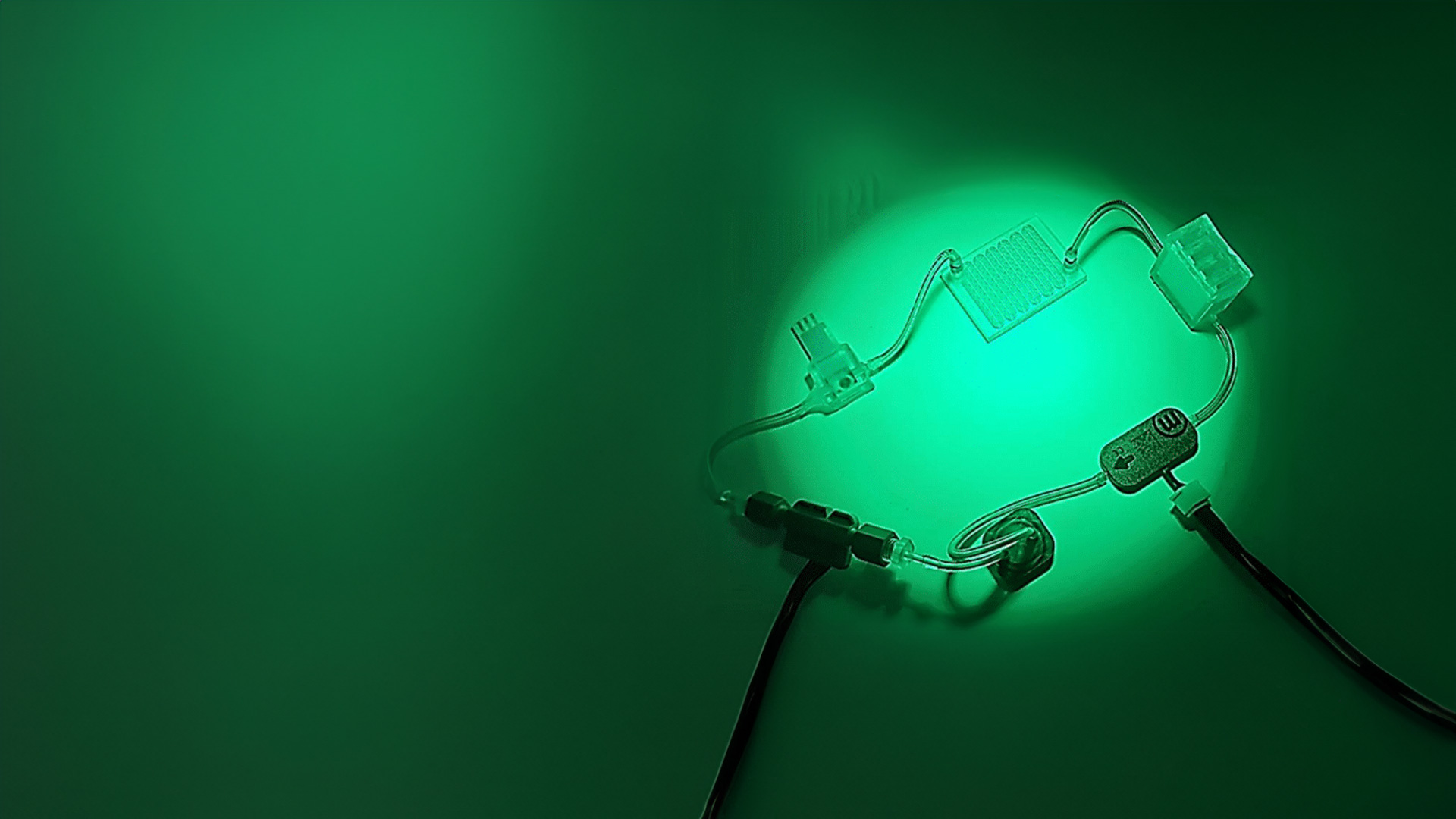Teaching in courses:
Research Group
Nanomaterials and Nanobiosensors

Group leader: Yi Sun
Small is beautiful! Nanomaterials are not simply materials at ever smaller dimensions; rather, they enable us to utilize the unique physical and chemical properties that naturally occur at that scale. Moreover, by manipulation of matter at the nanoscale, new materials with unusual property combinations can be constructed. We believe that the huge potential of nanomaterials has just begun to be tapped.
The research at Nanomaterials and Nanobiosensors group focuses on the following areas.
- Design, synthesis and characterization of cutting-edge nanomaterials with novel structures and functionalities:
- Smart nanomaterials: developing new multi-functional nanocomposites with combined magnetic, optical, molecular recognition and stimuli-responsive properties.
- Microfluidic synthesis: developing microfluidic systems to synthesize nanomaterials in a well-controlled, reproducible and high-throughput manner. - New applications of nanomaterials in biosensing, life sciences and medicine:
- Nanobiosensor: Using nanomaterials in biosensors to enhance the sensitivity and multiplexing capability for detection of toxins and pathogens in food, environmental and clinical samples.
- Nanomedicine: Studying the biophysicochemical interactions at the nano–bio interface, and exploring the possibilities of using nanomaterials as new drugs or drug carriers.
Ongoing research projects
Center of Nano-Immune Cell Engineering (NICE)
NNF Challenge Program

In this project, we aim to design and utilize nanoparticles to generate CAR T-cells in the patient (in vivo), modify the tumor environment to favor CAR T-cell activity, and provide continuous stimulation to enhance the persistence of CAR T-cells for long-term attack of the tumor. Together, these initiatives will radically transform the CAR T-cell therapy and greatly benefit cancer patients.
Massively multiplex pathogen screening by ultrasensitive fluorescence spectroscopy
NNF Exploratory Synergy Program.

In this project, we aim to develop an enzyme-free diagnostic method empowered by photonic technology to quickly and inexpensively identify multiple pathogens in one go.
Group Leader
Yi Sun Groupleader, Associate Professor Department of Health Technology Mobile: +45 26673998 suyi@dtu.dk